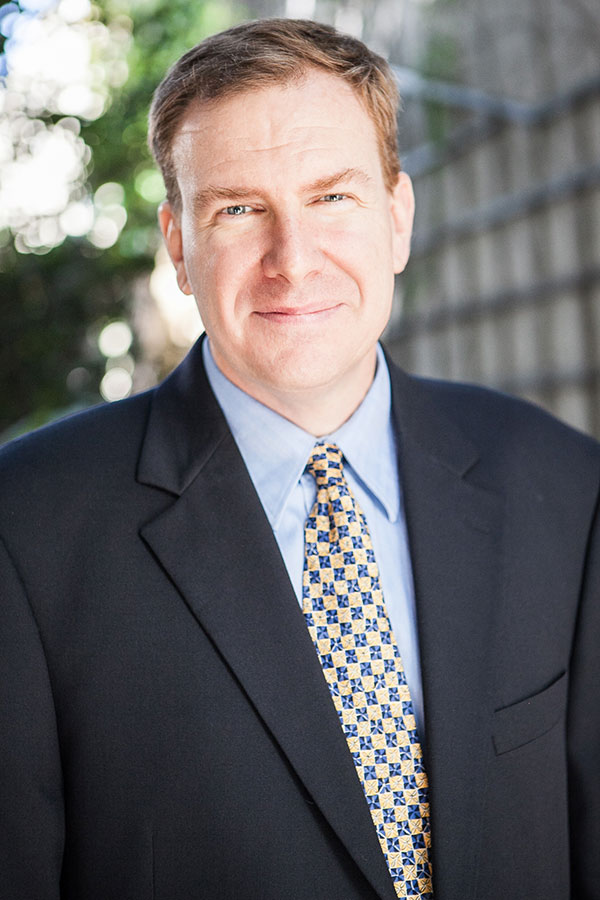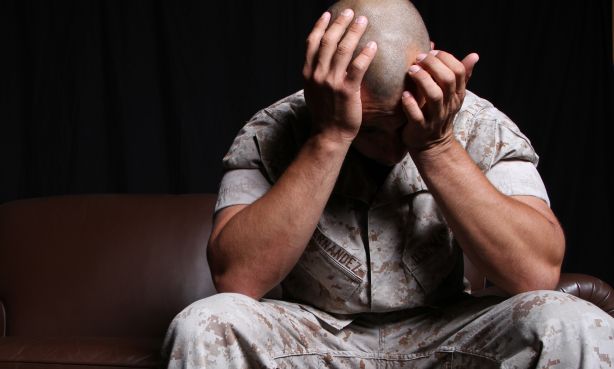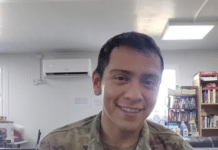At Confidential Recovery, our mission has been to help Veterans and first responders get sober for almost a decade. It’s always rewarding, and often challenging. Our nation’s defenders suffer physical and mental injuries during the course of their service. The military teaches our servicemembers how to survive but not always how to heal.
Veterans are “Slipping Through the Cracks” of their Support System
The most prominent resource that most Vets know they have access to is the VA. The VA has taken steps to encourage Veterans to reach out for help by reducing red tape and partnering with outside agencies (like Confidential Recovery) to increase the availability of drug and alcohol treatment.
The services that the VA offers Veterans with substance use problems include:
- Medically managed detoxification to stop substance use safely, and services to get stable
- Drug substitution therapies and newer medicines to reduce cravings (like Suboxone for opioid addiction)
- Short-term outpatient counseling
- Intensive outpatient treatment
- Marriage and family counseling
- Self-help groups
- Residential (live-in) care
- Continuing case management focused on relapse prevention
- Special programs for Veterans with specific concerns (like women Veterans, returning combat Veterans, and homeless Veterans)
- Mental health treatment for post-traumatic stress disorder (PTSD)
- Mental health treatment for depression
And yet, we are still seeing such a huge unmet need for drug treatment in this population, it feels discouraging at times.
Why do Many Veterans Not Get the SUD Help They Need?
The reasons that a Veteran might not be taking advantage of the SUD treatment available are numerous, and every Veteran has their own unique story. But we have noticed some patterns.
The Warrior Ethos Can Make it Hard to Accept Help
One thing we have seen is that many Veterans get appointments for drug assessments and then fail to show up to them. We wish there was a better system in place for the VA to follow up on these missed appointments. We think that the military’s culture and focus on “warrior ethos” makes it difficult for Veterans to accept help. It might cause cognitive dissonance to a Vet to ask for help when they have been taught the value of self-sufficiency, and the spirit of “never say die.” Other issues like fear, “survivors guilt,” or long wait times contribute to these “no shows.”
This Stigma of SUD is Still Prevalent
The disease model of addiction is universally accepted and defines substance addiction as a disease of the mind, not a moral failing. This theoretically “should” take the stigma out of seeking help for an addiction, and make it as routine as getting treated for diabetes or hypertension. But, due to the negative perception of substance-abusing individuals, Veterans might feel like they are letting themselves or the military down by identifying as someone who needs treatment for drug use.
We need to get all families and care providers to better understand how military values and ideals impact Veterans’ sense of self and need to represent the military proudly. Veterans should be encouraged to seek help in a supportive and non-judgmental way. If we can do this, we can increase the likelihood of a strong Veteran-provider alliance and better treatment outcomes, but we still have a long way to go.
Introducing the Veterans Navigation Center
The military teaches its servicemembers how to accomplish unbelievable feats of bravery with their unit, but not always how to adjust to civilian life after discharge. The transition from active duty to civilian status is a vulnerable time for many Veterans. It is during this transition that many servicemembers self-medicate with drugs or alcohol to cope with PTSD or feelings of isolation. They may be managing injuries for which they have been prescribed pain medication, which always carries the risk of becoming habit-forming both mentally and physically.
We started the Veterans Navigation Center in San Diego to serve all Veterans, but particularly those who are struggling with the transition into civilian life. As a Veteran-in-recovery myself, this mission to serve our Vets is quite personal to me, and we have designed our program to meet a variety of needs that Veterans have, including:
- Treatment for Substance Use
- Mental Health Counseling for Depression, Anxiety, or Trauma/PTSD
- Learning about and Accessing Veteran Benefits
- Family and Marriage Counseling
- Veteran Legal Services
- Housing
Learn more about how the Veterans Navigation Center can help a Veteran find and navigate available services by visiting TheVNC.org, or by calling us at (858) 567-9191.
San Diego-based Veterans and their families who are dealing with a substance use disorder can get in touch with Confidential Recovery by visiting our website https://www.confidentialrecovery.com/ or calling us at (619) 452–1200.
For Veterans outside of California, the VA offers an around-the-clock Veterans Crisis Line that provides help and crisis support – even for Veterans not enrolled in its healthcare network. The phone number is 800-273-8255. Alternatively, Veterans can text 838255 if that’s a way that they would prefer to communicate. And of course, the new suicide hotline can be reached by dialing 988 on any phone.

About the Author
Jay Wylie is a Southern California native who served as a Naval Officer for 22 years. Jay is in recovery now and helps Veterans and first responders get sober and stay that way at Confidential Recovery in San Diego, California.
All content herein is owned by author exclusively. Expressed opinions are NOT necessarily the views of VNR, authors, affiliates, advertisers, sponsors, partners, technicians, or VT Network. Some content may be satirical in nature.
All images within are full responsibility of the author and NOT VNR.
Read Full Policy Notice - Comment Policy





























